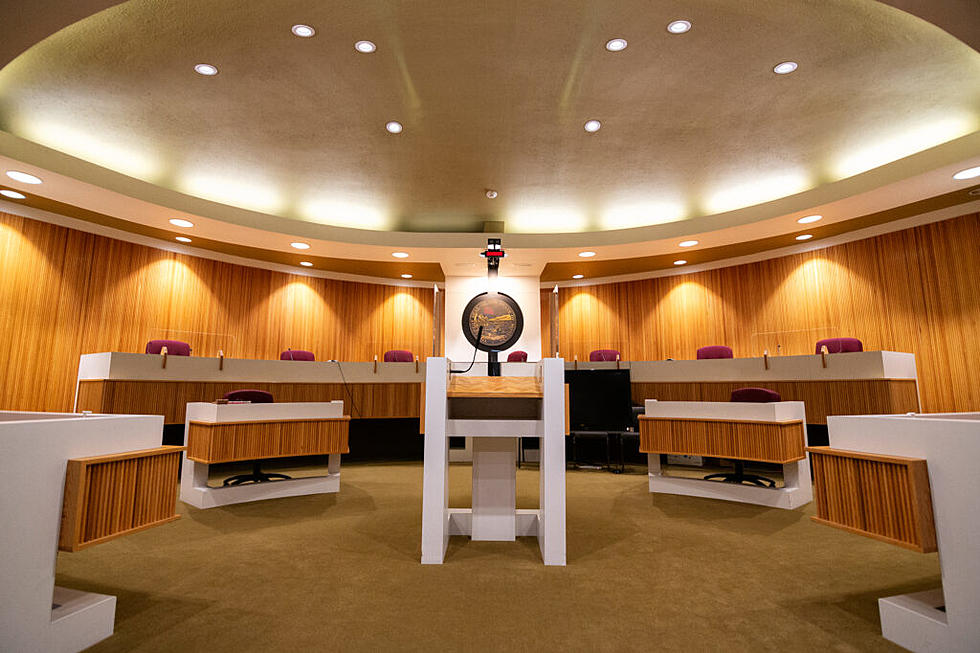Navigating the intricacies of your local court system can seem like an overwhelming task at first glance. Yet, understanding how this vital component of the justice system operates is crucial for anyone looking to find their way through legal proceedings, whether you’re responding to a jury summons, dealing with a traffic ticket, or engaging in more complex legal matters. Let’s embark on a journey to demystify the structure and function of local courts, shedding light on the processes that govern the rule of law in our communities.
The Foundation of Local Courts
At the heart of the local court system is a commitment to upholding justice, resolving disputes, and maintaining social order. Local courts are the first point of contact for most legal issues, and their accessibility is paramount for the effective administration of justice. These courts handle many cases, from minor infractions and civil disputes to more serious criminal matters.
The Variety of Courts and Their Purposes
Local court systems typically comprise several levels, each with its specific function. The lowest level, often called magistrate or justice court, deals with minor offences and preliminary hearings. Moving up, municipal courts handle violations of city ordinances, traffic issues, and sometimes misdemeanour cases. At a higher level, county or district courts take on more serious criminal cases, significant civil cases, and family law matters.
Specialized Courts
In addition to these general courts, many jurisdictions have established specialized courts designed to address specific cases more effectively. These include drug, family, and juvenile courts, each tailored to provide a more focused approach to particular legal issues. This specialization not only improves the efficiency of the legal process but also allows for more compassionate handling of sensitive cases.
Navigating the Court System
Understanding the hierarchy and specific roles of the various courts is just the beginning. Navigating the court system also involves:
- Knowing how to access legal resources.
- Understanding your rights.
- Recognizing the importance of legal representation.
Accessing Legal Resources
Most local court systems offer a variety of resources designed to help individuals understand and navigate the legal process. These may include self-help centres, legal clinics, and informational websites. Such resources are invaluable for those who find themselves facing legal proceedings without the aid of an attorney.
Knowing Your Rights
An essential part of navigating the court system is knowing your legal rights. This includes understanding the right to representation, the right to a fair trial, and the rights afforded to you under specific circumstances, such as traffic stops or arrests. Being informed about your rights can significantly impact the outcome of your legal matters.
The Role of Legal Representation
While it’s possible to represent yourself in court, known as “pro se” representation, the complexities of the law often make it advisable to seek professional legal counsel. Attorneys can provide guidance, advocate on your behalf, and help navigate the often convoluted legal procedures. For those unable to afford private counsel, public defenders and legal aid services offer representation and advice to those who qualify. If you need clarification on eligibility for these services or need guidance on how to proceed, enquire now to ensure you have the support and information necessary to navigate your legal journey effectively.
Community Involvement and Support
Local courts don’t operate in isolation; they are an integral part of the community. Public trust and confidence in the justice system are essential for effective functioning. There are several ways in which individuals can engage with and support their local court system.
Jury Service
Jury service is fundamental for citizens to participate in the legal process. Serving on a jury offers a unique insight into the functioning of the court system and provides an opportunity to contribute to the administration of justice.
Volunteering and Advocacy
Many court systems benefit from the support of volunteers and advocacy groups. Programs like court-appointed special advocates (CASA) for children and mediation services rely on community members to assist and support those navigating the legal system.
Public Education and Outreach
Courts often host or participate in public education programs and community outreach initiatives. These efforts aim to demystify the legal process, inform the public about their legal rights and responsibilities, and foster a deeper understanding of the justice system.
The Importance of Inquiry and Engagement
The advice for those seeking more information or facing legal challenges is clear. Be sure to seek information and assistance before deep into a legal predicament. Local court websites often provide contact information, FAQs, and guides on proceeding with various legal issues. Legal clinics and public interest law organizations can also offer advice and assistance.
Understanding your local court system is more than knowing where to go when you receive a court summons. It’s about recognizing the role of courts in our society, understanding how to engage with them effectively, and appreciating the importance of the rule of law in our daily lives. By learning about your local court system, you empower yourself to navigate legal challenges more confidently and contribute to the broader goal of justice for all.






